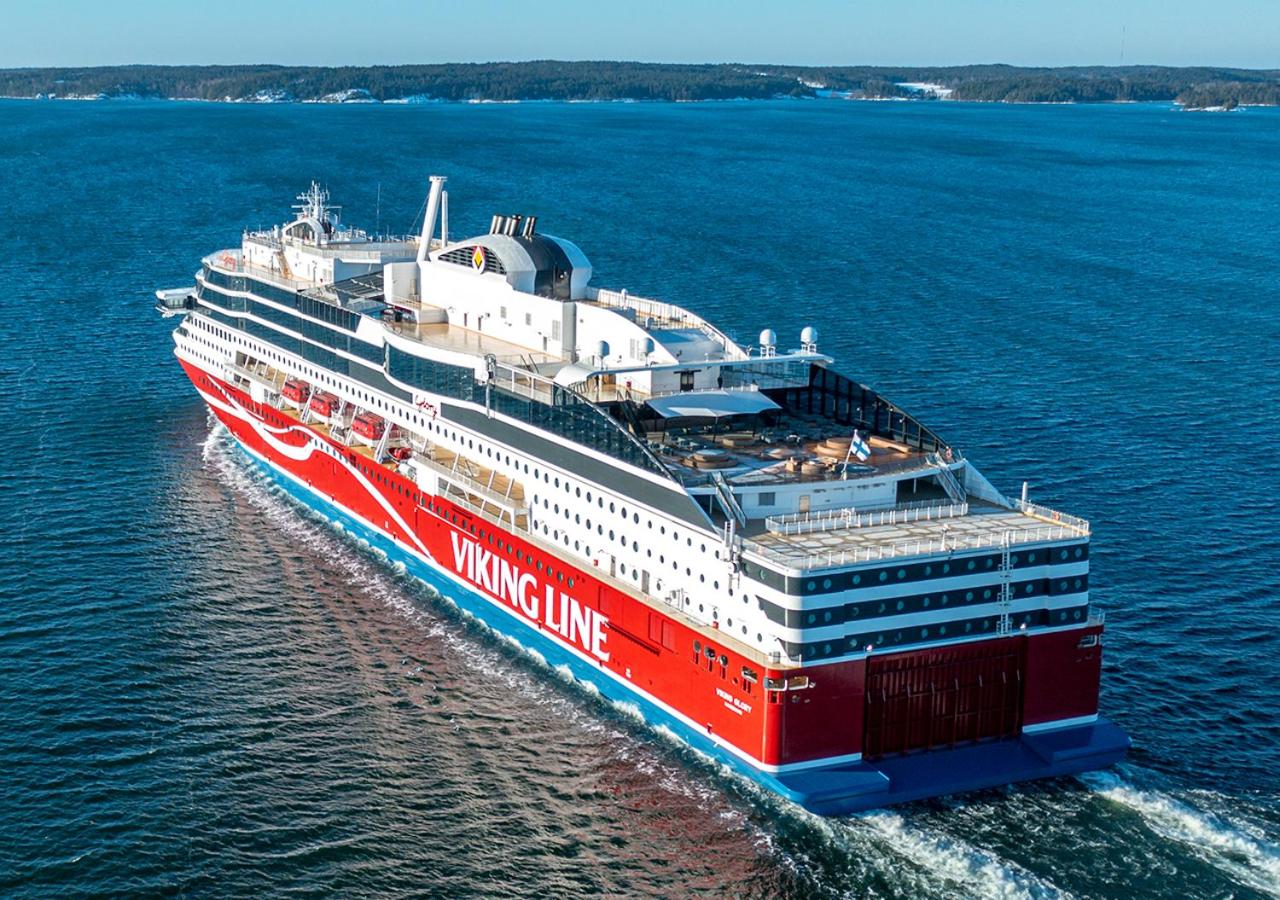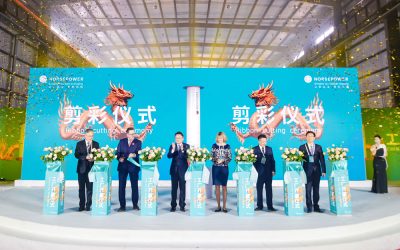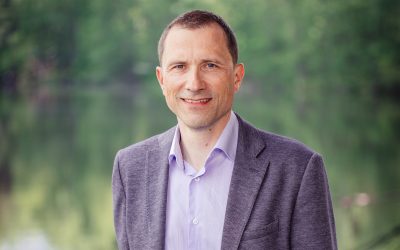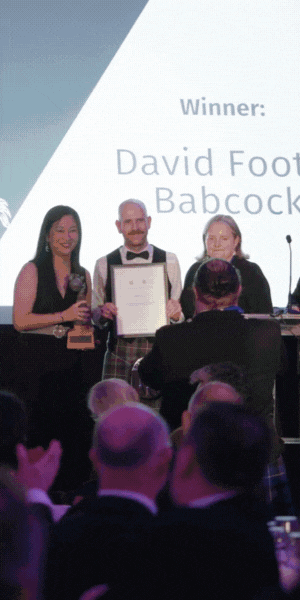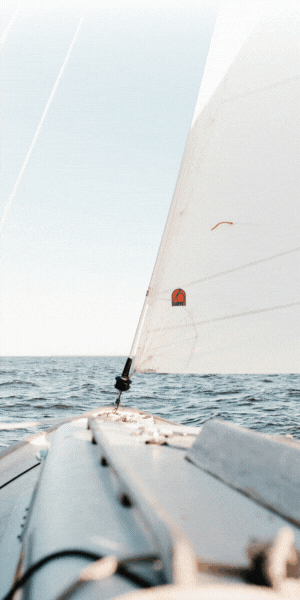Viking Line route between Finland and Sweden to become green corridor
The Finnish shipbuilding industry focuses on passenger vessels and ice-breaking tonnage that are more complex to build than many other types of ships. In addition, the country has substantial competence in R&D of decarbonisation in shipping.
Last autumn, Business Finland granted almost €1.6 million (US$1.7 million) to a project called Decatrip established by the shipbuilder Rauma Marine Constructions (RMC), Åbo Akademi University, charging solutions supplier Kempower and the ferry company Viking Line to set up a green corridor on the roughly 10-hour ferry crossing between Turku in Southwestern Finland and the Swedish capital Stockholm.
Dr Magnus Gustafsson, research director in industrial management at Åbo Akademi University, states that good progress has been made to assess the effects of the use of synthetic methanol as fuel on the cost of freight using the two large dual-fuel cruise ferries, Viking Grace and Viking Glory, that operate on the route. “The fuel is dramatically more expensive [than LNG or MGO]. However, if the goods carried cost more than €1,000 per tonne, then the incremental cost from the renewable fuel is in the region of 1%,” Gustafsson tells The Naval Architect.
“When we talk about what kind of freight can sustain a transition to clean fuel, the floor is not iPhones. It’s yoghurt: it costs €3,000 to €5,000 per tonne, but the transition will only add 0.2 cents to the cost of a pot on the shelves of a supermarket,” he continues.
The lorries that use the ferries carry mainly consumer goods and other high value cargoes, but also some raw materials to industry and these, Gustafsson says, might not be able to bear the added freight cost in the same way as consumer goods, including foodstuffs.
Decatrip is based on the idea that cargo owners agree to pay the higher cost of freight to Viking Line, which again commits itself to buy the green methanol from a supplier that would make the necessary investment to production facilities – this would rise to hundreds of millions of euros, Gustafson notes. Cargo owners would get a competitive edge by having decarbonised the ferry part of their supply chain, which is a key point in the project.
Focus on business case, not just cost of fuel
“It is important that the ferry company speak not to the purchasing department of the cargo owners, but to their sales and marketing people: it is important to get the message out about the competitive edge that the transition will bring to the right people,” Gustafsson says. “The debate on the green transition of shipping tends to focus on the technical and cost aspects of new fuels, but in order to succeed it needs to focus on the whole business case instead to make clear how it creates value to all concerned.”
One of the findings of the work carried out so far has been that the 57,656gt Viking Grace and the 65,211gt Viking Glory should be converted to hybrid vessels whereby a battery pack installation would complement their diesel-electric propulsion system. The ships need to adjust their speed frequently on the service that is mostly through archipelagoes, which favours a hybrid solution to optimise the use of the engines.
Another finding has been that charging points for electric lorries could be fitted onboard and their use would not require a significant increase in the use of engine power.
From its beginning, the Decatrip project has been designed to be modular, so that it could be used elsewhere as well. Gustafsson says that about 30% of the ro-pax ferries that currently operate on the Baltic could switch to use a green fuel and operate on the basis of Decatrip with minor modifications onboard. As these vessels often operate at high speeds, their emissions to the air are quite significant. The green methanol on which the two ships are scheduled to run on from 2027 would be produced either in Finland or Sweden, which would mean another gain resulting from the switch, Gustafsson adds.
As the new fuel will be far more expensive than the ones currently in use and due to the significant investment needed to build the new fuel production facilities, commitment to the goals of the project by all parties is absolutely vital. To achieve the commitment, every party must become convinced about the benefit that they can achieve from the transition, the business case must be clear to everyone, Gustafsson points out.
“In the days of cheap energy, it was not profitable to invest in energy saving technologies. Renewable energy will always be expensive; this will be a new normal and there will be no return to how things used to be,” he concludes.
